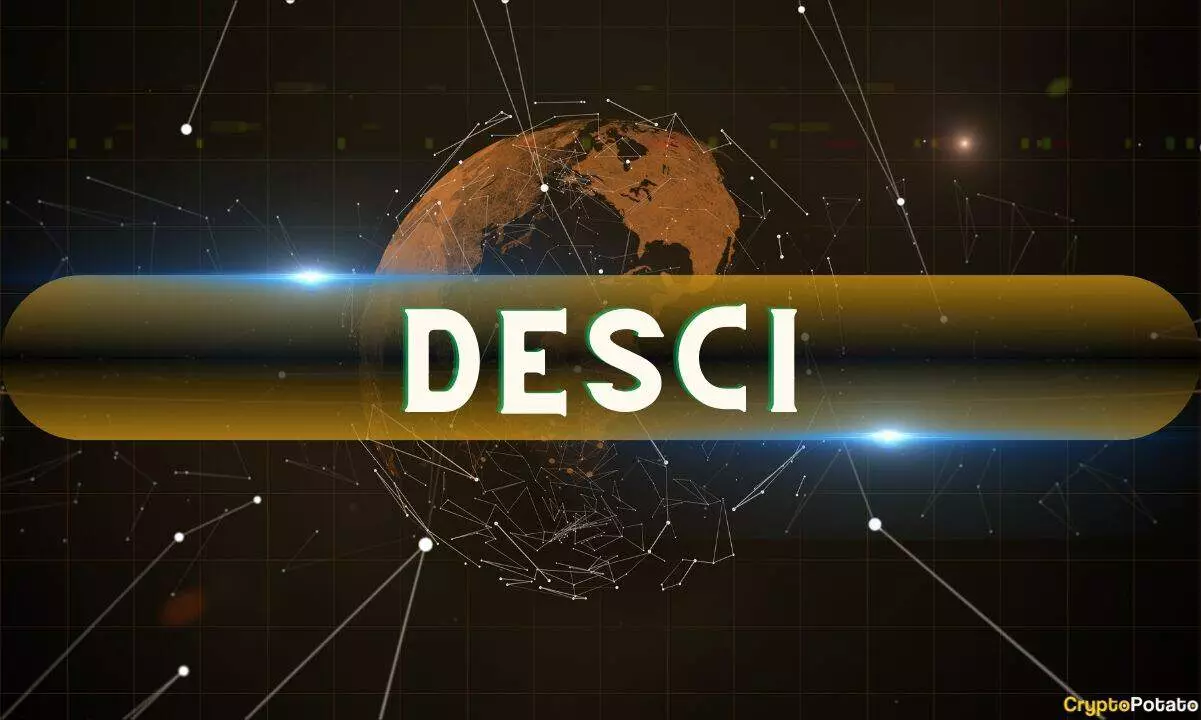Scientific research is often hailed as a beacon of progress and innovation; however, it faces daunting challenges that impede the transition from theoretical findings to practical applications. The well-known “Valley of Death” metaphor captures the crucial moment in which 80-90% of research initiatives falter before they even reach human trials. Compounded by the fact that merely 0.1% of drug candidates manage to secure approval for public use, it becomes apparent that the existing paradigms of scientific inquiry are not sufficient. Misaligned incentives between academia, funding bodies, and industry are primary culprits behind this crisis. This confluence of factors underlies a significant crisis of credibility, integrity, and efficiency within the scientific community.
The Role of Decentralized Science in Reforming Research
Emerging as a potent solution to these systemic inefficiencies is Decentralized Science (DeSci). By leveraging Web3 technologies, DeSci aims to redefine how scientific research is conducted and disseminated. The findings from Binance Research herald blockchains as powerful tools for easing coordination in funding and enhancing transparency. They offer a unique, trustless framework that allows stakeholder interests to converge more seamlessly, presenting an opportunity to overcome challenges related to funding, collaboration, and the replicability of findings.
Bridging Funding Gaps Through DAOs
One of the critical aspects of DeSci is its potential to infuse liquidity into research funding, primarily through the use of Decentralized Autonomous Organizations (DAOs). DAOs facilitate the alignment of interests among patients, researchers, and investors, bringing together a collective vision focused on translating research into tangible results. Token governance plays a vital role here—ensuring that decision-making is transparent and that funding milestones are adhered to through the use of smart contracts. Not only does this democratize the funding process, but it also allows for the tokenization of intellectual property, creating fractional ownership that incentivizes participant investment in research initiatives.
Another significant impact of DeSci lies in its capacity to enhance collaboration between diverse scientific actors. Through the establishment of DAOs specifically targeting collaborative endeavors, researchers and clinicians can unify their objectives from the outset, thus ensuring that their goals resonate harmoniously. This alignment is vital in creating a fair framework for intellectual property and establishing incentivized peer review systems, leading to timely and constructive feedback loops. Employing on-chain reputation systems can boost trust and accountability among participants while fostering a culture of appreciation for contributions made by all involved parties.
DeSci could also significantly enhance the reliability of scientific findings through improved reproducibility. By utilizing blockchain technology to catalog research methods transparently, it becomes easier for other researchers to replicate studies, an essential component of the scientific process. Moreover, platforms leveraging Web3 technologies provide an avenue for openly sharing results—successful or otherwise—thereby mitigating issues of publication bias that often arise in traditional scientific publishing. Decentralized storage solutions not only safeguard data but also facilitate quicker access and foster collaborative networks, enhancing the robustness of scientific inquiry.
Despite the promising avenues DeSci presents, it remains a nascent field with a current market cap of $1.75 billion across 57 projects. While these figures indicate remarkable potential, they also reflect the emerging nature of this paradigm shift. When juxtaposed with the thriving decentralized finance and crypto AI sectors, valued considerably higher, it is clear that the potential of decentralized science has yet to be fully realized. However, its foundational aspects—promoting transparency, collaboration, and innovation—suggest that Decentralized Science is poised to make a significant impact in the evolution of scientific research methodologies. As we stand at the crossroads of traditional research and technological innovation, embracing DeSci could redefine the landscape of scientific inquiry as we know it.

